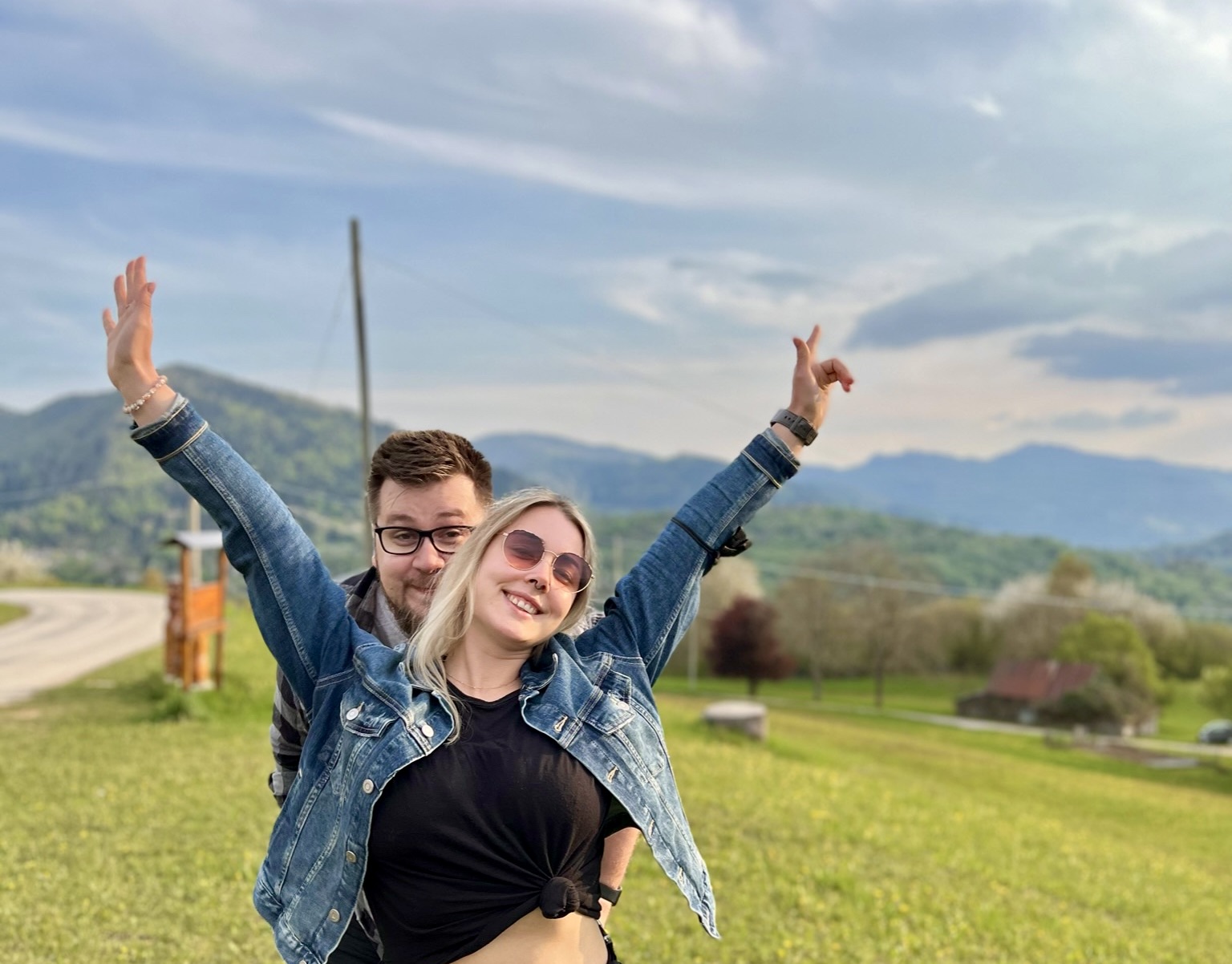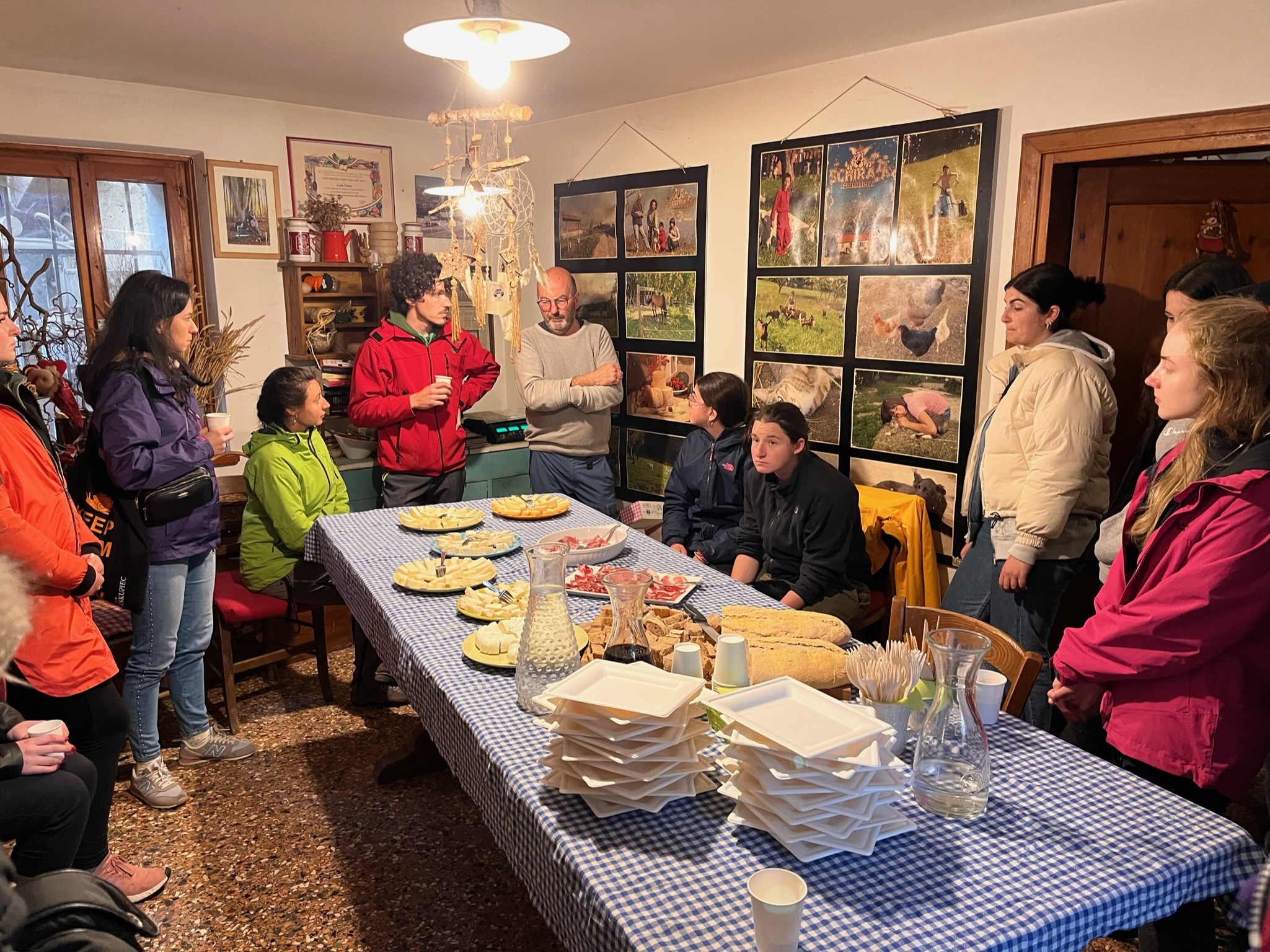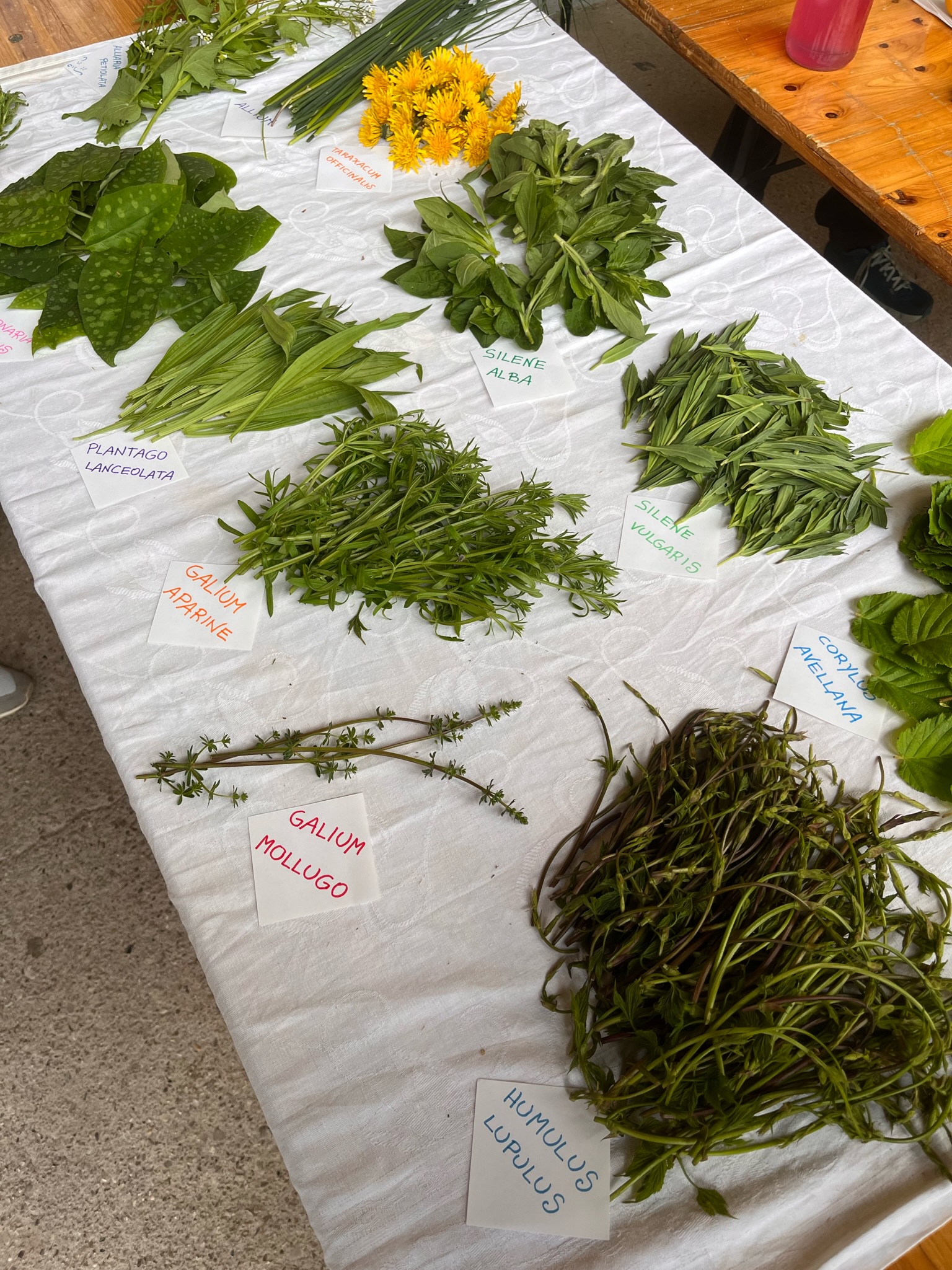As an active member of Rabarada I had an opportunity to look for participants for said project. While doing so I realized quite early on that I’d have a lot of insight on the topics at hand – especially with my background in food technology – which is why I decided to go as a team leader. I had also been to Venice before, from where we took the train to Belluno. Although the timing of the project was far from perfect (I’m in the middle of writing my master’s thesis) it was a great opportunity for taking a breather and coming back home all fresh and full of new ideas.

I’ve been in a youth exchange before near Besançon, France, also as a team leader, with some other various projects here and there – Iceland, Spain, St Maarten etc. But because my first experience as a team leader was quite challenging and even stressful at times, I wanted to give it another go and this time with people that I knew would be interested in the topics and who would be able to contribute in more ways than one. And I must admit it was a great team we had in this project. That said, my expectations were not very high – fortunately, I was proven otherwise, and I am beyond happy to have been a part of this project.

As a team leader I was responsible for the organization of getting my team safely from their homes in Estonia to our mountain hut in the Alps of North-Eastern Italy. I had to make sure my team members knew exactly when and where to go, what to pack, and especially which topics we were there to discuss. During the exchange I was in a mindset that I wasn’t there to share just my opinion but the facts and knowledge of food industry, food waste and sustainability from the perspective of Estonia or Northern Europe.

Mostly I was looking forward to meeting like-minded people who share the same passion for food as I. What surprised me though, in a good way of course, was actually how diverse our entire group was. There were international relations’ students, nutritionists, food technologists, genetic engineers, chefs and just food and nature lovers. Because of our diverse group we could discuss certain topics in depth for hours on end due to everyone approaching the problem from their own professional perspective. That being said, it’s difficult to put into words what I learnt. Mostly, I think, it was eye-opening (child labor, the dark side of chocolate) but also soul-warming to understand how passionate the Italians are about their food and drinks. How we are not so different – foraging plants and mushrooms – wild garlic being the common denominator. How we are what we eat so we better eat clean food. As a food enthusiast and little bit of a chef myself, I was very pleased with everything we did and saw. Come on, who wouldn’t be happy in the Italian Dolomites, breathing fresh air and hearing songbirds early in the morning, eating fresh local cheese and petting farm animals?

As for new ideas there were a few activities that we just didn’t have time for like “what’s in our food” which would have been very interesting for me because I work with the EU laws on food additives every day. I would have liked to hear what other people think about additives or food supplements in general, and I would’ve liked to debunk some of their ideas just because I know there’s a lot of false information going around considering this. If anything could have been improved a little, it was the insufficient research done when looking for participants. It was sad to see a few people not being interested in the topics we discussed, instead of them there could’ve been a person who truly wanted to immerge themselves in this project. This, of course, is not the fault of our organizers. All in all, NINA APS is a wonderful, intelligent and enterprising group of people that did an amazing job hosting us. I would not only recommend this project to others, but I would like to work with NINA APS again in the future. If I had to choose my top 3 moments of the exchange, they would be: 1) eating fresh food made by locals, made from their own farm animals, 2) getting a glimpse of the real life of the Dolomites. Their respect for culture, food, and nature, 3) the blessed feeling of how lucky we are to have nutritious food on our table and cooking together with an international group, only to realize that we are all not so different as one might think. I can proudly represent the entire Estonian team by saying that we had a truly eye-opening and an in-depth cultural experience. We left for Estonia with our hearts full of appreciation and our bellies full of finger-licking delicious pasta.